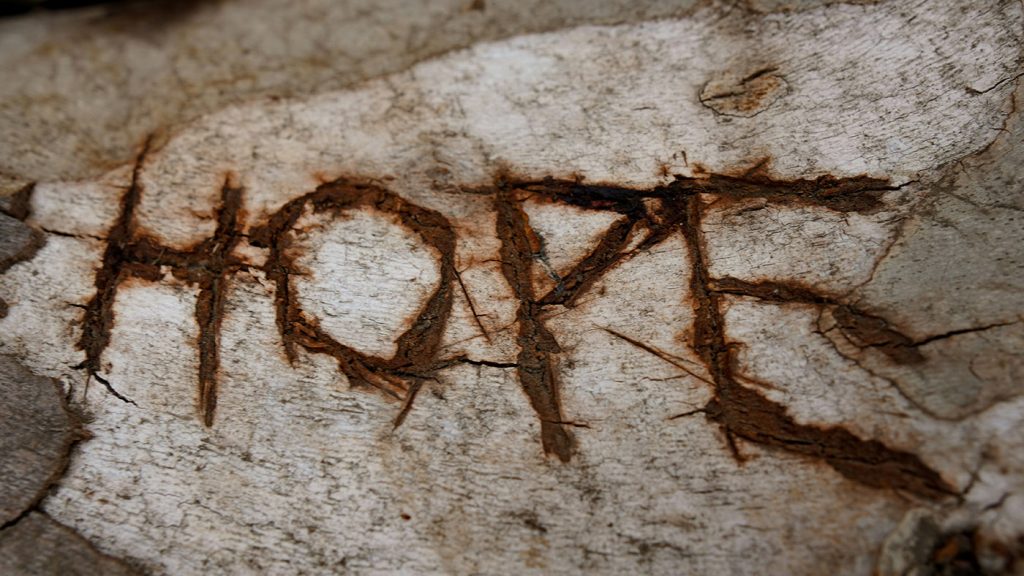Like some of you, I paid close attention to what happened over the last few days in states like Virginia, New Jersey, New York, Pennsylvania, and Georgia. I’m an admitted political junky and can often be found debating in public spaces with folks who spout incorrect data or go on tangents about things that actually aren’t happening. Yes, I’m “that” person. I ask forgiveness in advance.
Additionally, I have found in recent years that politics has contributed to my anxiety, depression, and fatalistic fear of democratic collapse. As such, I put myself on mandated information fasts to reset my system and recenter my peace.
But regardless of whether I’m in consumption or ignore mode over the political state of my surroundings, I perpetually, and without question, remain in hope mode. In fact, when my friends and family are spiralling, when I am overwhelmed, I recite this mantra to myself: “I will maintain a posture of hope. I will maintain a posture of hope.” I’ve been using this mantra for at least 15 years, usually when I wake up and always before I go to sleep for the night.

This tenant is not abstract to me. Hope is tethered to the optimism that runs from my head to my heart. It invites me to imagine what is possible and maintain a curiosity amidst the messiness of life. I can somatically feel my shoulders soften and my jaw unclench when I envision hopeful outcomes in my mind’s eye. I strive to operate in abundance. I find myself less risk-averse than many around me. I am radically guided by an excitement towards the future (hello Enneagram 7, anyone?).
I was recently reading a piece in Sojourners by Marion Sarkisian Ramón Pareja, Communications Director at Tejos. Her call to action even further solidified my posture of hope and my commitment to the work we do here at Convergence. She says, “We live in a time when many good, kindhearted people look out at the world and feel hopeless. They see war, polarization, hunger, and ask: What can I do? What can one person possibly do? This often leads to a feeling of paralysis. Silence. A deep ache that never quite translates into action.
And yet I believe that doing something is better than doing nothing. Because systems of oppression and violence don’t just thrive on power; they also thrive on silence. They grow stronger every time a well-meaning person chooses inaction over imperfect action.”
Doing something is better than doing nothing. I’m watching many of you respond to the needs of your neighbors right now. You are shoring up your food pantries or partnering with others to feed your neighbors. You are acknowledging that Thanksgiving and Christmas are approaching, both times where those who have a penchant for loneliness feel its effects tenfold. You are standing alongside migrants who are being snatched from their families in broad daylight. You are doing GOOD work.
These acts of solidarity align deeply with the teachings of the God we follow. And, they are also highly undergirded in a charity model of care. I challenge you to ask a few harder questions this week. How is your congregation working to end the systemic challenge of hunger in your community? Are there creative ways your campus could be used to combat the economic gap for your neighbors by becoming a hub for entrepreneurs? Are your congregants not only showing up to protest but also to publicly call for legislative change in your city halls? Has your church truly looked to the future by being grounded in foresight, rather than assumption or historical data? Are you realizing that because the community around you no longer looks like it used to that your ministry must evolve as well?
Yes, doing something is better than doing nothing. But as Marion Sarkisian Ramón Pareja reminds us, “systems of oppression and violence don’t just thrive on power; they also thrive on silence.” Let us use our power in ways that change the trajectory of hope for others. Let us never be silent when others’ ability to hope hangs in the balance.

